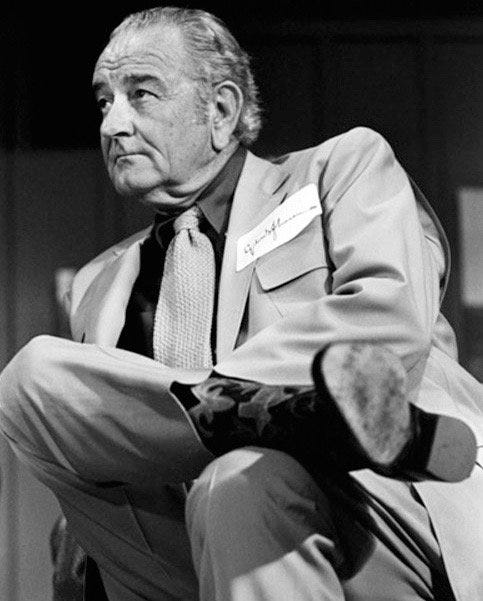What are you Reading?
In recent months the Covid-19 has restricted many of our usual activities, and many of us have used some extra time by turning to “beach reads.” Considering the circumstances, I would say beach reads are the books that you can enjoy, even if you have no beach to rest your toes in. You can always have something engaging to read. (P.S. I am not really a big beach reader) This week I talk about an assortment of books I have enjoyed over the years. Please leave a comment about some books you have enjoyed this year. We can have a fun conversation about books. ~ Kevin
Quote:
“Thanks to my reading, I have never been caught flat-footed by any situation, never at a loss for how any problem has been addressed (successfully or unsuccessfully) before. It doesn’t give me all the answers, but it lights what is often a dark path ahead.” ~ James Mattis
A friend of mine pointed out that Call Sign Chaos by Mattis (and Bing West) includes the former Secretary of Defense’s recommended reading list. This newsletter is the beginning of an ongoing collection of readings that I would suggest. In some future titles, I will do a more thorough dive on some additional readings, but this week we explore themes of failure and being quiet.
The Up Side of Down: Why Failing Well Is the Key to Success by Megan McArdle is a wonderful book that, as the title explains, shows that making a mistake is not always bad. The real mistake is failing to learn from the experience. McArdle's editorials often look at current economic events in a way that dissects the issues insightfully. In the same way, this book looks at everything from bankruptcy, business cycles, failed movies, criminal probation, and hospital diagnosis, to poor reporting.
She makes a point that the US bankruptcy system compliments the social stigma of bankruptcy by a code that is less punitive than it is in some other countries. This, she believes, encourages risk-taking and entrepreneurship. She also cleverly points to past relationships and compares them to the GM bailout. Her underlying argument is that, in both cases, individuals were too guided by past achievements to understand changes around them.
As McArdle points out, “A resilient society lets you fail, and even lets the failure sting, but only for a moment. Then it helps you get back on track, and everyone reaps the benefit.” Her insights are both honest and well-reasoned. Much like writers such as Gladwell and Taleb, she is willing to question conventional thinking in an insightful and approachable manner that is tangible. Admirably, she does not distance her own life from examples of personal and professional mistakes, and what she learned encourages all to look within themselves to help explain our world. These qualities make for an excellent read, and I look forward to diving into her next work.
Quiet: The Power of Introverts in a World That Can't Stop Talking by Susan Cain is a very well written and insightful book on the qualities of those who are quiet. I certainly can relate to many of the traits described by Cain. We live in an extroverted world that rarely relents from its cacophonous sounds. She does not dispute that human beings engage in social activity, but that quiet expression can have a deeper meaning. This can take the form of talking in a small group or taking time for quiet reflection. She does not, “think of introversion as something that needs to be cured.”
Cain argues that society can often overvalue the contributions of extroverts while the work of introverts is less noticed. The increased volume and charisma of extroverts can lead the public and managers to be drawn to these figures. However, she states that individuals who are seen as charismatic are not necessarily more effective at professional tasks. She claims that this social preference is a mistake because introverts can be more perceptive of certain social conditions. They can also be creative and develop new ideas during moments of solitude. I enjoyed many aspects of this book, including the illustrations and insights. I also have to credit Cain for my interest in further exploring this topic with readings on solitude and creativity. My dissertation writing practices were an attempt at understanding this relationship.


“If there's a book that you want to read, but it hasn't been written yet, then you must write it.” ~ Toni Morrison
News:
How math helps with COVID-19 testing: Nature
TikTok and the response to possible restrictions in the US: Axios
India back in lockdown: Axios



….. I hope Caro finds out…..
I wanted to pause and recognize the value of time spent reading. Please feel free to share what books you have enjoyed lately in the comments. As always, thank you for reading this newsletter. It is fun to write, and I always appreciate the feedback please forward to friends. ~ Kevin











What are you Reading?